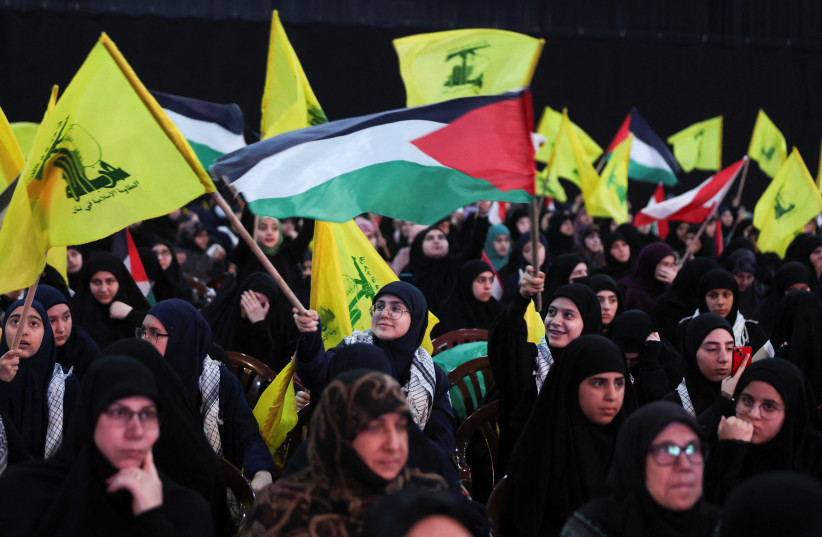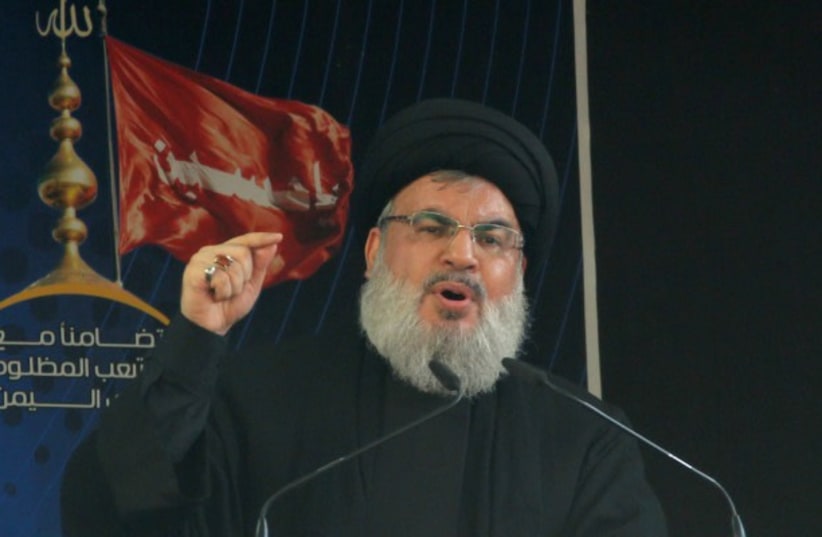Approximately 250 rockets were launched on Wednesday towards northern Israel, disrupting the holiday calm with successive alerts. Rockets that exploded in open areas caused fires. In the city of Tiberias, a siren was activated for the first time since October.
These launches come after the assassination of senior Hezbollah official Sami Taleb Abdullah, whose rank was equivalent to a brigadier general in the IDF.
For the past 20 years, Abdullah had led rocket fire toward Kiryat Shmona, the Galilee panhandle, and the Golan Heights. He is the highest-ranking Hezbollah commander to have been killed so far in the war.
Abdullah was also active during the Second Lebanon War, serving as a brigade commander and developing rockets in the region.
Yesterday, following attacks on Kfar Blum and after recent intelligence gathering on him, the IDF precisely assassinated Taleb using a fighter jet. The operation was led by the Northern Command chief in collaboration with the Intelligence Directorate and the Air Force.


"The powerful elimination worries Hezbollah members. They now understand that the IDF knows much more about them than we do. Additionally, the operation indicates that Hezbollah's field security is not airtight and that the organization's intelligence system has been penetrated to such an extent that we were able to eliminate such an important sector commander. The IDF managed to infiltrate their networks and systems and identify the right people for elimination," says Professor Amatzia Baram, suggesting that this also impacts the leader of the terrorist organization.
Hezbollah leadership worried
He further added, "[Hezbollah Secretary-general Hassan] Nasrallah realizes that the IDF has the ability to kill him whenever it wants, and I believe this worries him quite a bit. Contrary to popular belief, Nasrallah is not a suicidal Shiite yearning for death (martyrdom). He understands that he would be next in line to die if a full-scale war breaks out. This poses a significant danger for him. Additionally, the elimination is a significant success in the psychological warfare against the terrorist organization, as it leads to great concern among the commanders, who know they could be next."
The professor also referred to the possible responses from the terrorist organization following the significant assassination.
"The last time we eliminated senior Hezbollah commanders, the terrorist organization increased the amount of fire as a 'punishment' and fired more rockets and missiles at Israel,” he said. “However, they did not cross the unspoken red lines set in the limited war."
"Now, Hezbollah might increase the scope of fire, but in my opinion, they will not significantly extend the range. The important point is the type of targets they attempt to hit. So far, the terrorist organization has not tried to hit a large civilian target, but rather only a few military targets, which is the critical line that separates provoking Israel from starting a full-scale war. In my opinion, Hezbollah is ready for a large-scale war but does not want it and, therefore, will not try to attack civilian targets," Baram added.
"From their perspective, starting a war would be a big mistake, as then the US would have legitimacy to join the fight. They still remember Biden's statement that if Hezbollah initiates a full-scale war against Israel, the US would join the war against them, which the terrorist organization and the Iranians fear. On the other hand, if Israel started the war, the Americans would not be obligated to join the fighting. There are constant talks between Tehran and Beirut, with the Iranians urging Nasrallah to escalate only in a limited manner, targeting military objectives only and not civilians, and not to focus fire on cities with civilian populations," the professor explained.
"Yesterday, Hezbollah directed a drone towards Haifa. In a different scenario, where the terrorist organization aimed 100 warheads at the city, the effect would be different, and Israel would have the legitimacy to start a full-scale war," Baram continued. "Israel might want Hezbollah to cross the red line, but the terrorist organization will not do so."
"The current limited escalation does not justify Israel starting a full-scale war, and the crucial question is if Hezbollah might take an action that would leave the Americans no choice but to join the war against them, according to Biden's commitment,” Baram stated. “Even after the powerful elimination, Hezbollah has not changed its view that the war of attrition in the North should continue along the same unspoken red lines.”
